From the street, the Dervaes family home in Pasadena, Calif., about a 30-minute drive from Los Angeles, resembles most others on its suburban block. But a quick peek around the corner reveals a backyard brimming with plots of fruits, veggies, and a rogue chicken or two.
The family of four produces upward of 6,000 pounds of produce a year on their tenth-of-an-acre property—nicknamed the Urban Homestead.
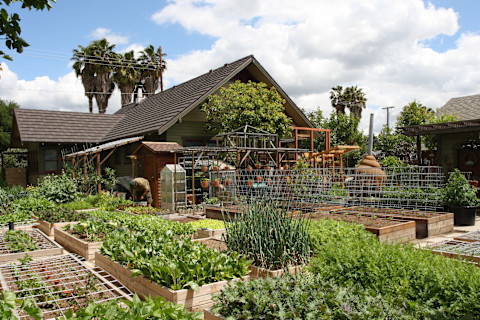
Patriarch Jules began developing the farm 30 years ago in an effort to take back ownership over his food and develop a deeper environmental consciousness.
Over the decades, Jules and his three children have harnessed every inch of their property to support hundreds of plants—all of which are organically tended to without the use of chemical pesticides or fertilizers.
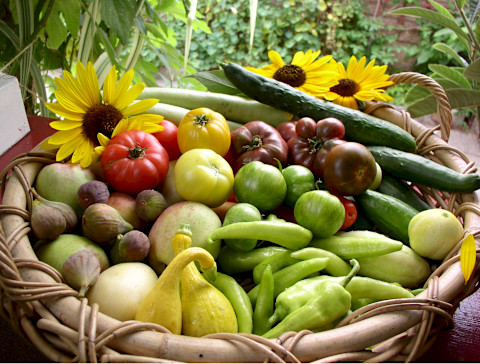
During peak years, the backyard farm can house up to 400 plant varieties, but factors like drought, urban wildlife, and shadows from neighboring trees and homes make this number fluctuate.
The family has taken the challenges of suburban farming in stride and leaned on nature to correct what they cannot.
"It’s a challenge to grow things organically," Jules told mindbodygreen in an email. "Sometimes we just have to let nature be, and if the crops are too infested, we’ll just pull out the crop and plant another batch."
He and his children glean the majority of their vegetarian diet from the farm, and they share the products of their patience—organic herbs, greens, and fruits—with L.A. area residents eager to support the local food scene. Each week, people can buy a CSA box full of Urban Homestead produce as well as baked goods, raw honey, and jams from nearby businesses.
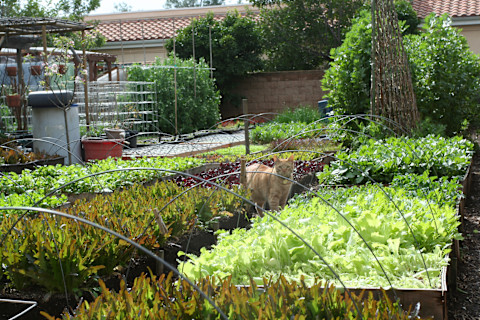
In inviting the community to take part in their journey, they hope to show others that connecting to nature doesn't have to be hard. Heck, you don't even have to leave your home to do it.
"Whether you live in an apartment, suburb, or on 10 acres, our mission is to connect with folks who yearn to take back their food and live a more sustainable and conscious lifestyle," said Jules. "We can all take small steps that collectively have a big impact. Even if it's plating a window of herbs or supporting your local farmers market."
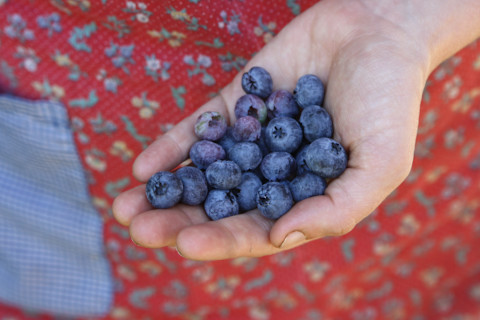
The knowledge that they're pioneering a new agricultural movement that nixes the bigger is better mentality, along with the anticipation of biting into that first peach or tomato of the season, keeps them going through long harvest hours.
"Farming is an up-and-down journey. In these days of 24/7 and conveniences at our fingertips, growing your own food makes you appreciate and understand the energy and efforts that go into bringing food from farm to table."
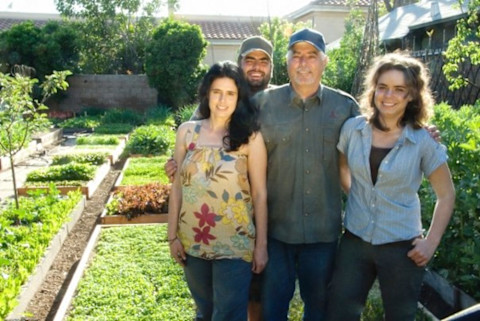
Related reads:
